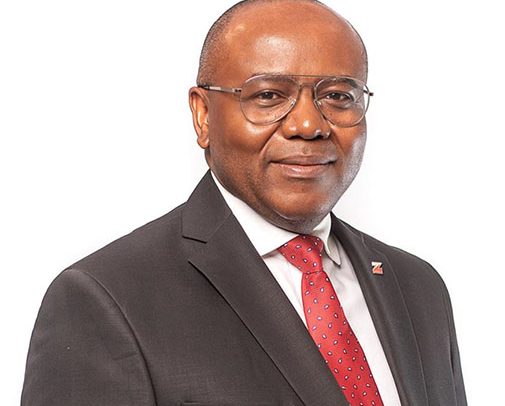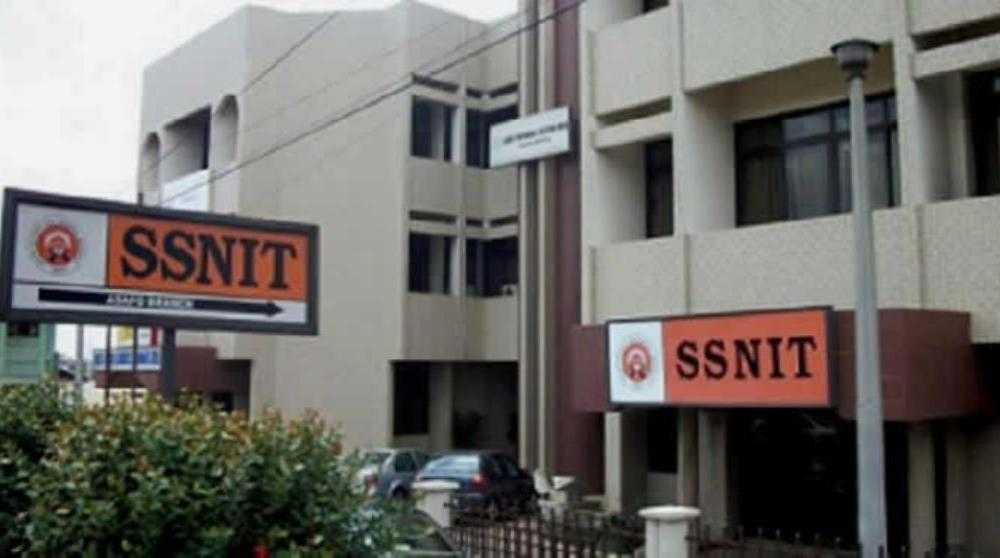
Ghana is a developing economy and the private sector is key to achieving the set developmental goals. One main driver of the private sector and industrial growth is access to financing, and in Ghana, that role is played mainly by the banks and other players in the financial sector.
Without the support of banks, most businesses will still remain abstract concepts in business plans. Others will also have remained start-ups and even more, would have collapsed. This is a testimony to the role banks have played and continue to play in ensuring the sustainability of economic growth in Ghana. The following questions, however, remain: how efficient and effective has this role been?
Does the financing provided meet the needs of businesses in terms of volume, time, cost and tenor? What are the liquidity dynamics in the Ghanaian market that determine the banks' ability to meet the factors of volume, time, cost and tenor?
The effectiveness of any financing provided to a company is determined by the volume, timing, cost, and tenor. Growing companies, as well as start-ups, have high financing requirements to meet growth objectives. Such companies usually retain their earnings if they are profitable, but that does not change the fact that they require significant financing in addition.
The ability to secure the required financing volume is key in making sure that growth objectives are met. This has been a challenge for the banks due to balance sheet limitation, although there has been some significant growth within the last decade. The Central Bank in October 2007 caused banks to increase their minimum capital from GHS7 million to GHS60 million.
Again, in December 2013 the Bank of Ghana (Notice No. BG/GOV/SEC/2013/08) increased the minimum capital requirement to GHS120 million for new entrants and existing licensed Class 1 banks. The last in the series of minimum capital requirement increase was issued by the Regulator in September 2017 (BG/GOV/SEC/2017/19). This increased the minimum capital from GHS120 million to GHS400 million and this was to be met by 31 December 2018.
Consequently, banks currently operating in Ghana are relatively bigger with stronger balance sheets to provide the needed financing. Banks should also consider raising additional capital beyond the required regulatory minimum. This will improve their capacity to meet the increasing financing needs of a growing economy.
Time is of the essence in finance. Financing is efficient when it is provided at the time it is needed. Unnecessary delay in providing financing has consequences for businesses which include loss of market share, schedule and budget overruns for projects, breach of contracts and can threaten a business or a project's continued survival.
It can also cause significant variations in cash flow which in turn can affect the performance of the facility. It is therefore important for banks to be able to give money to businesses when it is needed. The limitation in balance sheet size, the not too active syndication market, lack of understanding of the industry or the market in which a bank plays as well as lack of the required expertise is some of the causes of delay.
That is not to say that banks should not go through their due diligence and risk management processes to make sure risks are identified and mitigated. That is non-negotiable because it determines the quality of a bank's balance sheet and its' continued survival.
It is important for banks to develop the required expertise and capacity in the sectors they finance and also understand the markets in which they operate. This will not only ensure speed but it will also result in the creation of quality assets.
One issue that has generated a lot of discussion in recent times among industry associations, companies, banks, the Central Bank and the general public is the lending rate in Ghana. Ghana can be classified as a high-interest rate regime.
The country has witnessed periods where a lending rate of 40% and above for local currency loans has been recorded. In an economy where most industries are still in the budding stages and start-ups have minimal to no support from patient capital providers, bank financing is the most reliable option.
But when the lending rate is hovering around 30% p.a., the prospect of growth for businesses becomes dim. The Bank of Ghana seeks to gradually change the high-interest rate regime with the introduction of the Ghana Reference Rate (GRR) which has replaced the Base Rate that was used by banks.
GRR offers a single base rate for all banks to which they have to add their risk premium to arrive at the lending rate. Although the GRR has been in the 16% p.a. region (16.13% for August 2019, Ghana Association of Bankers, www.gab.com.gh), it is still high and depending on the risk scoring of a company a loan can still attract 30% p.a.
The average lending rate as of February 2019 was 27.8% p.a. compared to 29.3% p.a. for the prior year (tbftonline.com, Bank's Average Lending Rate Inches Up, hits 27.8%). The high non-performing loans (NPL) of banks is a significant contributory factor to the high lending rate.
On the other hand, the high lending rate accounts for the significant non-performing loans in the banking industry. It is, therefore, a cycle that can be largely controlled by reducing the lending rate. The conscientious effort being made by the Bank of Ghana is welcome news for businesses although we are still far from the target.
The Central Bank should be unrelenting in its' effort until the lending rate is brought down significantly. This will not only help solve the NPL challenge, but it also has the potential of making local companies more competitive in terms of pricing of goods and services. Of course, that is not to say that the high lending rate is the only cause for the high prices for locally produced goods and services (taxes and exchange rate are also factors).
The story of foreign currency lending is no different from what has been described in the preceding paragraph. Most foreign currency lending is the United States Dollar (USD) denominated. Most banks in Ghana source funding from the development finance institutions and their correspondent banks at quite high rates. The average lending rate for USD-denominated facility by banks in Ghana is about 10% p.a. However, businesses want to borrow at far lower rates.
They, therefore, tend to fall on the international banks who have access to cheap funds with its' attendant medium to long term effect of capital and profit repatriation and currency depreciation. In effect, some of the international banks are competing with the local banks in providing foreign currency facilities in the local market.
It has, therefore, become imperative for the banks to explore other sources of cheap foreign currency to be able to meet the increasing financing requirements by the international oil companies (IOCs), the multinationals and other companies whose operations require foreign currency financing.
Finally, the tenor of financing provided by banks in Ghana is another hurdle banks are struggling to jump. Set up costs of start-ups, capital expenditure of growth companies as well as infrastructure development require long term financing, sometimes tenors in excess of ten (10) years.
This sometimes calls for a blend of financing structures such as mezzanine financing (although it may be relatively expensive) or plain long-term debt to provide the much-needed flexibility to operate and to work out the cash flows in case of challenges.
However, most banks in Ghana lend short to medium term, and justifiably so. This is because the liquidity structure of their operations at best can support short term loans. A significant portion of deposits managed by banks are short term, up to twelve (12) months with a certain percentage of guaranteed rollover on maturity.
This is the basis for most banks' inability to lend long term and be flexible with debt structuring to support long term financing needs of businesses. The corporate bond market where banks and companies could raise funds to support long term lending is almost non-existent in Ghana.
It is important that the corporate bond market is developed because it will help the banks and the other players in the financial sector have access to the much-needed long term funds. This topic will be the subject of another discussion.
There are great opportunities in the economy for banks and the resolution of these challenges will improve their chances to better exploit them.
Joanna Agyapong-Agyare is a seasoned corporate and investment banker with 14 years' experience ranging from Banking Operations to Corporate and Investment Banking. Joanna has served as the Head of Corporate and Project Finance and has extensive experience in oil and gas financing. She has originated and successfully closed transactions in key sectors such as energy, infrastructure and commodities in Ghana.
Read Full Story



















Facebook
Twitter
Pinterest
Instagram
Google+
YouTube
LinkedIn
RSS